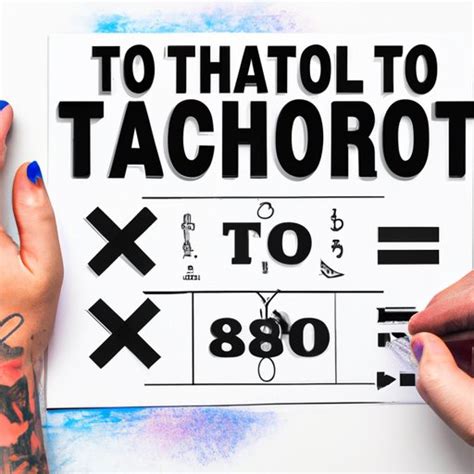Tattoo Age Limits: Parental Consent and the Law
Getting a tattoo is a significant decision, a form of self-expression that leaves a lasting mark—literally. But the ability to make that decision isn't universally granted. Laws regarding tattoo age limits vary considerably across states and countries, often intertwining with the complex issue of parental consent. This article will delve into the legal landscape surrounding tattoo age limits, exploring the nuances of parental consent and the potential consequences of underage tattooing.
What is the Minimum Age to Get a Tattoo?
There's no single, nationwide minimum age for tattoos in the United States. Each state sets its own regulations. While many states mirror the minimum age for other adult activities like driving (16 or 18), others have established higher age limits, typically 18. Some states even require individuals to be 21 years old to receive a tattoo. This variation highlights the decentralized nature of tattoo regulation in the US. It's crucial to check the specific laws in your state before considering a tattoo.
Does Parental Consent Allow Minors to Get Tattoos?
Generally, parental consent does not override state laws prohibiting tattooing of minors. Even if a parent approves, tattoo artists who ink underage individuals without adhering to state-mandated age restrictions risk facing significant legal penalties, including fines and the potential loss of their license. This is because the laws aim to protect minors from potentially irreversible decisions made without the maturity to fully understand the long-term consequences.
Exceptions and Gray Areas
While parental consent is usually insufficient, some jurisdictions may have narrow exceptions, often concerning religious or cultural practices. These are rare and typically require extensive documentation and justification. Furthermore, some states might have different regulations for specific types of body art, such as temporary tattoos or micro-needling procedures. However, these distinctions are usually clearly outlined in state laws.
What Happens if a Minor Gets a Tattoo Without Consent?
The legal consequences of a minor getting a tattoo without parental consent can vary. The tattoo artist could face penalties, as mentioned above. The minor might not face legal repercussions directly, but parents could potentially sue the artist for damages. However, the minor may also be held accountable for any medical complications arising from the procedure. The focus is often on protecting the minor from harm, both physically and legally.
Potential Medical Complications
It's important to emphasize the potential health risks associated with underage tattooing. Minors' immune systems may not be fully developed, increasing the risk of infections and complications. Furthermore, the healing process might be more challenging, leading to potential scarring or other adverse effects.
What About Parental Consent for Piercings?
The laws surrounding piercings for minors often parallel those for tattoos, though with some variations. Generally, parental consent is required for minors to get piercings, but the specifics again depend on state and local regulations. The age limits for piercings might be lower than those for tattoos, but the emphasis remains on protecting minors' well-being and preventing unsafe practices.
Finding Reliable Information on Your State's Laws
The most reliable source of information regarding your state's laws on tattooing and piercing minors is your state's department of health or a similar regulatory body. You can also consult with a legal professional specializing in health regulations to obtain clarification on any ambiguities. Never rely on online forums or unverified sources for legal information; inaccurate information can have serious consequences.
This overview provides a general understanding of the legal complexities surrounding tattoo age limits and parental consent. Remember, the specifics differ significantly by location, so always verify the relevant laws in your jurisdiction before making any decisions. Prioritizing safety and legal compliance is paramount when considering body art.

